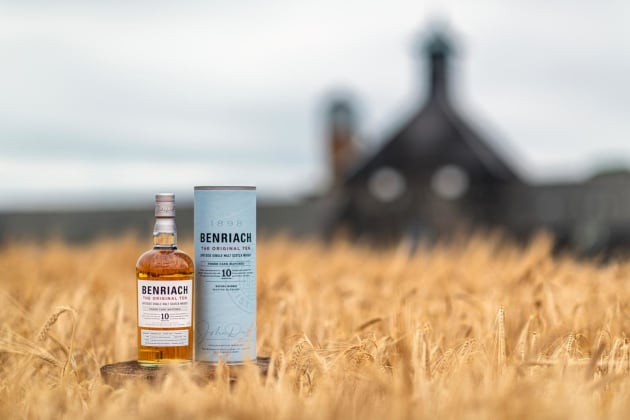2021 was a tumultuous year in the liquor industry and 2022 is set to deliver more excitement and challenges. Liquor Loot spirits specialist Tim Laferla looks at what we can expect. This article first appeared in the January/February 2022 edition of Food & Drink Business.
Changing consumer habits are not the only thing driving unfolding trends in 2022. The boundless innovation of distillers and ongoing global supply chain issues will also be playing a part. That innovative mindset and distilleries that are nimble will be rewarded as we head into 2022.
Hyper-local drinking

It is no secret that the Australian liquor industry is exploding – there are well over 300 distilleries currently operating in Australia. While Australian distilleries are by no means immune to the supply chain crisis (the supply of packaging and botanicals as an example), they are still well positioned to maintain supply for the increasing thirst of premium products domestically.
At the end of 2021, we were receiving reports forecasting the price of Scottish whisky might go up as much as triple! The rising cost of imported products will provide an opportunity for producers that don’t rely as heavily on imported raw ingredients (such as whisky made with locally grown grains), to become more price competitive. We may be about to witness a tipping point, bringing Aussie craft spirits drinking to the mainstream – something that happened long ago with wine and beer!
Alcohol-free spirits: not just abstinence
Alcohol-free “spirits” are one of the most exciting, if not controversial, industry sectors right now. Many industry insiders have strong feelings about what you can call a “spirit” or “gin”, and the justification of the price tag that comes along with them.
Alcohol-free spirits are becoming increasingly popular not only to stop drinking altogether at specific times of the year (read: Dry July), but also as a mechanism for consumers to moderate their drinking year-round; reduction rather than complete elimination. The phrase ‘no & low’ has been bandied around for years already, but the ‘no’ options have dominated entirely. A much larger market segment is interested in moderation rather than complete abstinence, so expect to see the explosion of the ‘low’ sector.
It is well known that alcohol is a far superior carrier of flavour than water, and try as they might, the no-alcohol alternatives have never been able to replicate that alcohol bite. Enter such innovations as ‘small’ gin – whereby they double the volume of botanicals distilled. This packs in twice the amount of flavour, so you only need to use half the amount of gin to get the same experience as its full-strength counterpart.
High-end RTDs
The post-Covid ‘Spring of picnics’ has had lasting impact. Many enterprising Aussie distilleries have brought the thirst for craft and quality products, without sacrificing on convenience, to the mainstay. Gone are the days where you could only get the cheapest and nastiest pre-mixed spirits in cans. At Liquor Loot, the gin distillers we work with such as Four Pillars, Manly Spirits, Prohibition Liquor Co. and Wolf Lane Distillery lead the way, harnessing the best of both worlds.
While it might not have been their intention, we see RTDs increasingly hold another use case amongst consumers, portion control.
For many years the health consciousness sentiment has been a massive driver of multiple trends in the liquor industry (e.g. premiumisation, no & low alcohol). RTDs not only do they offer convenience, but they also offer a very accessible way to both count calories and consumption of alcohol units.
Drinking goes digital
The ecommerce sector is showing no signs of slowing down, and at Liquor Loot we can attest to that through our two platforms whiskyloot.com and ginloot.com. Recent numbers would suggest that over 65 per cent of consumers in the US are now purchasing alcohol online at some point throughout the year!

The rising cost of spirits and the increasing number of digital transactions have perfectly positioned Whisky Loot and Gin Loot’s subscriptions, delivering 3x60ml samples per month to our customers’ doors. We take them on a journey in the comfort of their own home to discover the flavour profiles they love without the risk of buying an expensive full bottle they may not like.
It is hard to find “bad” spirits these days. Overwhelmingly products are well made. That said, it is a bit of a minefield regarding personal preference. There’s a spirit out there for everyone, but not every spirit in the world may be for you.
Strap yourself in and buckle. Because 2022 has the potential to be one of the most dynamic and ever-changing years we’ve ever had in the industry, all these trends could change in a heartbeat!







